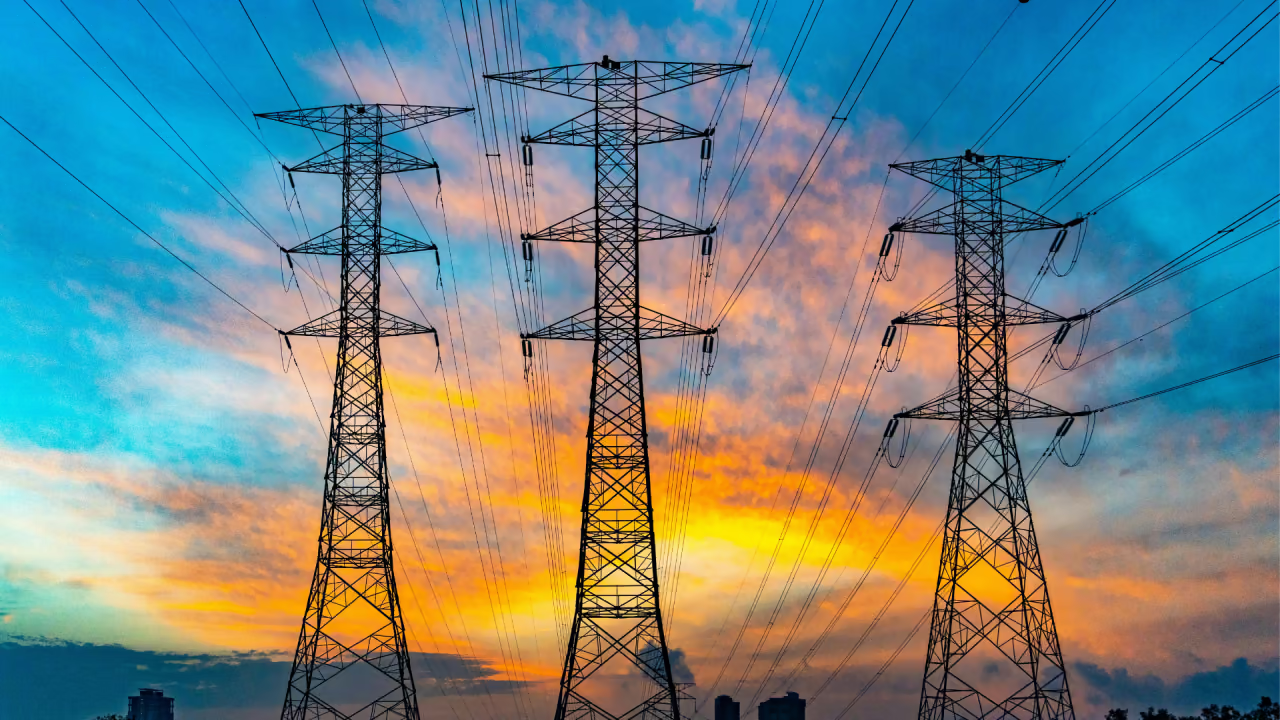

Energy Efficiency & Optimization


Energy Industry
Beyond Natural Resources: Redefining What Makes an Energy Superpower
Canada stands at a critical crossroads. While blessed with vast natural resources that have traditionally defined energy superpowers, we risk missing an extraordinary opportunity to transform our economy and global influence by clinging to outdated paradigms of what constitutes energy leadership.
The conventional definition of an energy superpower, “a nation that leverages significant energy resources for political and economic influence,” has positioned Canada among global leaders alongside Russia, Saudi Arabia, and Iran. But in today's rapidly evolving energy landscape, this definition is incomplete.
A New Paradigm for Energy Leadership
True energy leadership in the 21st century demands more than abundant fossil fuels. It requires a sophisticated ecosystem that encompasses production expertise, distribution infrastructure, consumption efficiency, and perhaps most critically, knowledge capital that can be exported globally.
What if Canada's greatest untapped resource isn't buried underground, but exists in our collective know-how?
Consider the Netherlands' transformation of its agricultural sector. Once known primarily as the world's flower supplier, the Dutch recognized that their true competitive advantage lay not just in growing tulips, but in their horticultural expertise. Today, the Netherlands exports both flowers and the advanced growing technologies that revolutionize agriculture worldwide.
Canada can follow a similar trajectory in energy.
The Canadian Advantage We're Overlooking
Our nation possesses a unique combination of assets that remain largely underutilized:
Yet Canadian businesses rarely look at energy as a strategic lever. Historically low energy prices have bred complacency. In many provinces, companies already have access to rich data from utility bills and interval meters, but few use it. The know-how exists across Canada to control energy costs and reduce emissions, but it's not embedded in how most firms operate. The result? Lost productivity, higher risk exposure, and a growing disadvantage in global markets that increasingly prioritize carbon intensity.
Canada Already Has the Tools, We’re Just Not Exporting Them
While Canada often looks to Europe for energy innovation, we’re not starting from behind. In fact, we’ve already built systems worth exporting, especially to countries like Finland that are otherwise considered leaders.
Take Ontario’s smart meter initiative. Launched in the early 2000s, it mandated province-wide smart meter installations in homes and businesses by 2010, far ahead of many jurisdictions. But what’s most noteworthy isn’t just the technology, but the governance. Ontario created a centralized Smart Metering Entity to manage data access and protect consumer privacy, a move that put Canada ahead in secure, scalable energy data infrastructure.
Smart meters in Canada now provide real-time usage data, enable time-of-use pricing, support renewable integration, and allow for rapid outage detection. These capabilities improve both utility operations and customer control, and they’re backed by national safety standards. Provinces like New Brunswick are extending these benefits even further, with utilities using smart meters for remote connection, outage alerts, and integrated grid planning.
We’ve already solved problems that many other countries are just beginning to tackle. We’re just not telling that story or selling that expertise.
The Finnish Model: A Blueprint for Canadian Success
Finland is a country with remarkable similarities to Canada in climate, geography, and values, offering compelling insights into what's possible. Despite fewer natural resources, Finland has positioned itself as an energy innovation leader through strategic investments in expertise, technology, and a society-wide commitment to energy literacy.
The Finnish approach unites industry, government, and citizens in viewing energy as a strategic asset rather than a commodity. This mindset has driven remarkable innovations in efficiency, smart grid technologies, and integrated energy systems that Finland now exports globally.
The Dual Opportunity: Domestic Transformation and Global Influence
By embracing a comprehensive view of energy leadership, Canada can pursue simultaneous transformations:
Domestically: Enhanced productivity across all sectors through sophisticated energy management would strengthen our economic resilience, particularly as global markets increasingly factor carbon intensity into trade decisions.
Internationally: Canada could become the world's foremost exporter of energy transition expertise, helping nations navigate their unique paths to cleaner, more efficient energy systems while creating high-value export opportunities beyond raw resources.
The Call to Action
I recently recorded a podcast with Helena Saren, Head of Zero Carbon Future Missions in Finland, on The 360 on Energy and Carbon. The episode highlights both the parallels and the contrasts between Canada and Finland when it comes to energy leadership. I encourage readers to tune in once it's released. The conversation reinforced a key point: if Canada were to adopt a similar mindset with a future-oriented energy strategy embraced by Nordic countries, we could earn the title of energy superpower, not just in name, but in substance, because of our vast natural and human resources capabilities. The payoff wouldn’t be abstract. It would mean new wealth for Canadians and a real contribution to the global energy transition. I’m hopeful Canadian business leaders, including Provincial and Federal government, with the leadership of our new Prime Minister Mark Carney, are paying attention. Achieving true energy superpower status requires a fundamental shift in thinking:
As we witness the rapid transformation of global energy systems, Canada faces a choice: remain tethered to traditional definitions of energy power or pioneer a new model of energy leadership that combines our abundant resources with world-class expertise.
The future belongs to nations that recognize knowledge, not just commodities, as the ultimate energy resource. Canada has everything required to lead, if we have the wisdom to seize the opportunity.
Status:
OG Link:
Notes: